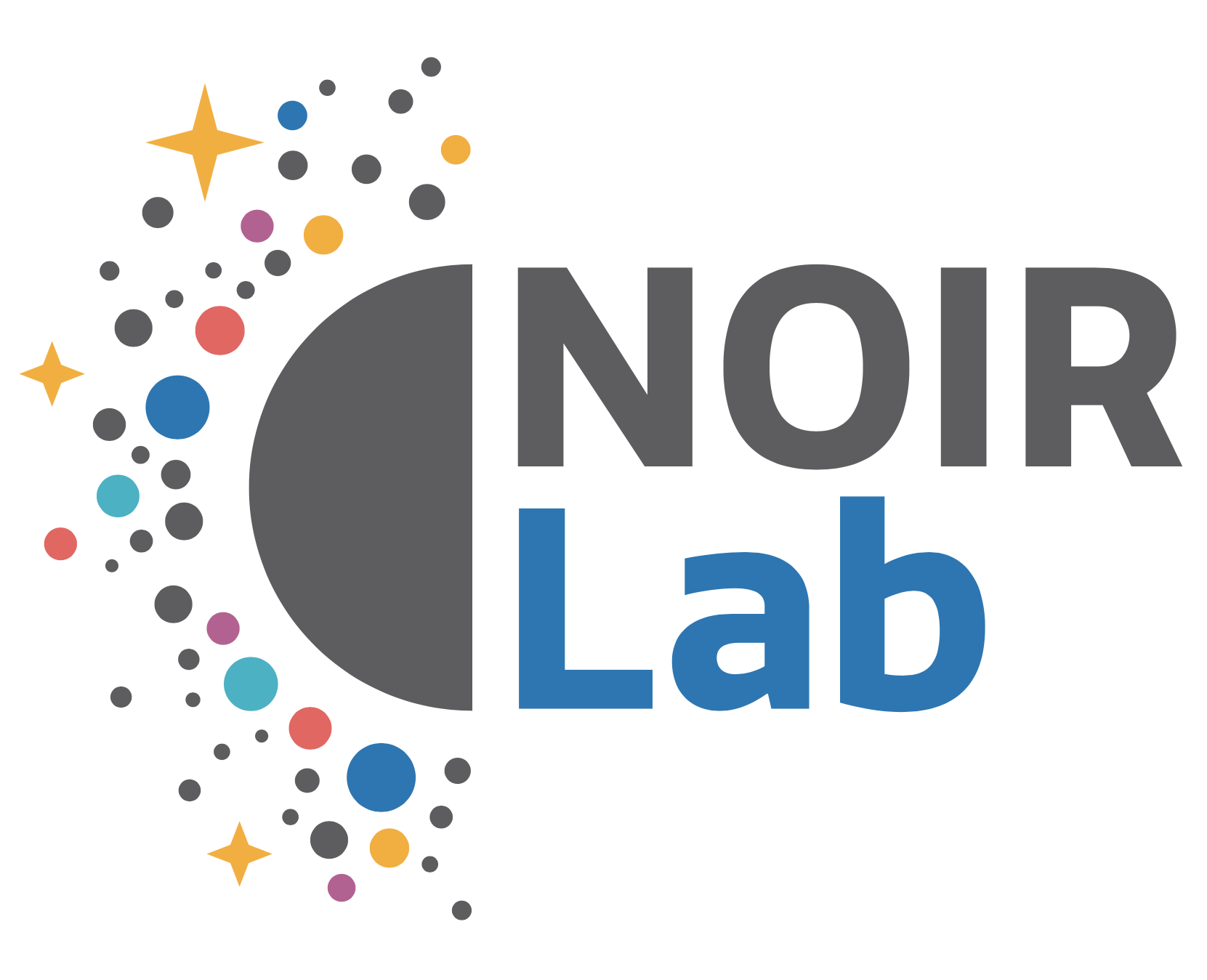A group of undergraduate students from University of Chicago discover the early universe’s brightest gravitationally lensed galaxy. Learn the fascinating story of how this gravitational lens was discovered and what we can learn about the early universe from this discovery on today podcast.


